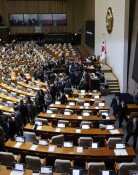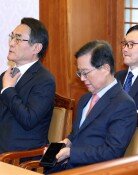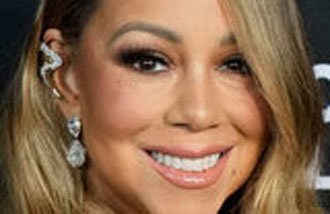Political parties gear up strategies to court MZ generation
Political parties gear up strategies to court MZ generation
Posted April. 05, 2024 07:54,
Updated April. 05, 2024 07:54
An early voting period for the upcoming April 10 general elections is scheduled for Friday and Saturday, with its potential influence on the election outcome estimated at as much as fifty percent. Both the ruling and opposition parties have intensified their efforts to court voters, particularly those in the age bracket of their twenties and thirties, a demographic characterized by a significant proportion of swing voters known for their propensity to engage in early voting. Analysts anticipate that this year's general election will underscore a notable "generation gap" in voting preferences, with individuals in their forties and fifties showing a tendency toward opposition parties. At the same time, those in their sixties and seventies exhibit a leaning toward the ruling party. This underscores the strategic significance of appealing to voters in their twenties and thirties.
The People Power Party (PPP) has devised a strategy to solidify support among voters over the age of 60, a demographic known to favor conservative ideologies, while also directing efforts towards enticing swing voters in their twenties and thirties. Interim PPP leader Han Dong-hoon's decision to cast his vote in Sinchon, Seoul, home to numerous universities, is a deliberate move to engage with the youth demographic. The PPP is emphasizing allegations of corruption against certain Democratic Party (DP) candidates, focusing on instances of utilizing underhanded tactics to secure loans and leveraging authority to secure favorable educational opportunities for their children. Additionally, they intend to highlight instances of corruption within the family of Cho Guk, leader of the Nation Renovation Party, targeting the sensibilities of voters in their twenties and thirties who are particularly sensitive to issues of fairness and equity.
In response, the Democratic Party aims to capitalize on public discontent and disillusionment with the incumbent government's handling of sensitive issues such as inflation and communication, which resonate strongly with voters in their twenties and thirties. Presidential candidate Lee Jae-myung plans to participate in early voting on Friday in Daejeon, accompanied by students from KAIST, leveraging recent incidents involving President Yoon's security personnel forcibly silencing a KAIST student during a graduation ceremony.
The Democratic Party perceives a less pronounced gender divide in voting patterns compared to previous elections, where male voters in their twenties leaned towards the conservative parties. In an effort to bolster voter turnout among those in their twenties and thirties, the DP plans to emphasize the efficacy of voting through the promotion of their campaign promise of providing economic subsidies of 250,000 won per person.
윤다빈 empty@donga.com







